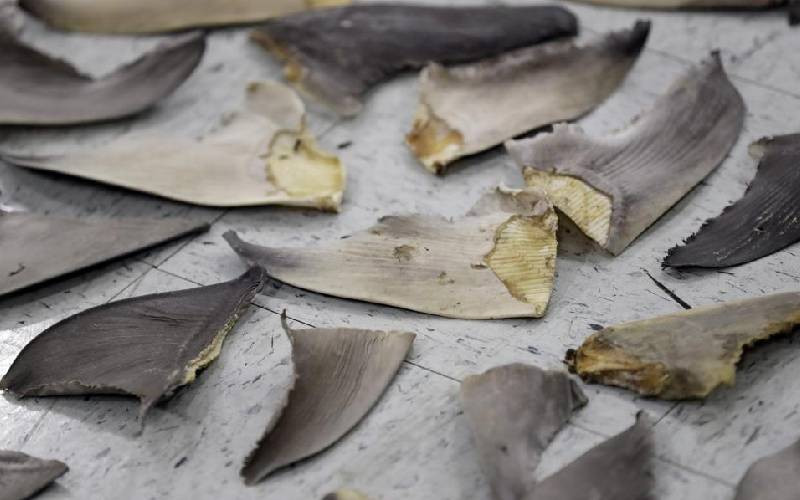
An international wildlife conference moved to enact some of the most significant protection for shark species targeted in the fin trade and scores of turtles, lizards and frogs whose numbers are being decimated by the pet trade.
The Convention on International Trade in Endangered Species of Wild Fauna and Flora, known by its initials as CITES, ended Friday in Panama. Along with protections for over 500 species, delegates at the United Nations wildlife conference rejected a proposal to reopen the ivory trade. An ivory ban was enacted in 1989.